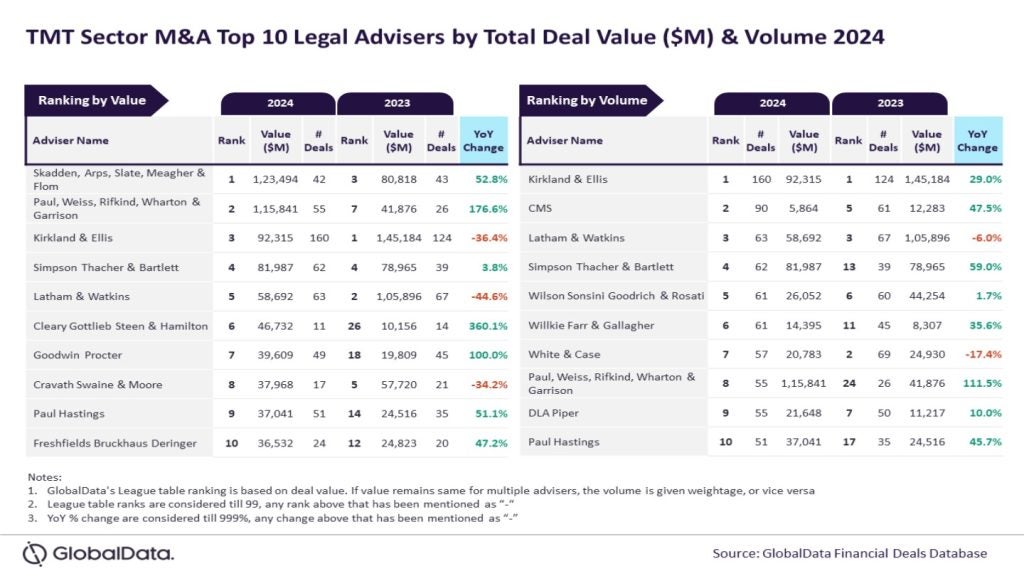The UK is trying to find a smooth course through its exit from the European Union but there are warning signs that the safety of patients in hospitals might be compromised by a combination of existing and new challenges.
The UK’s health sector is facing staffing issues as it battles for more funding and this could be exacerbated if doctors and nurses from EU countries choose to leave while fewer foreign medical workers move to the UK amid Brexit uncertainty.
NHS staffing crisis
Pressures surrounding staffing led to 74 percent of physicians being concerned that there will be cases of unsafe patient care within the next few months, according to a survey by the Royal College of Physicians.
This is particularly the case in the northern counties (such as Yorkshire and the Humber), which have felt the shortages of doctors more keenly than other parts of the UK.
Overall, nearly three quarters of all medical specialties had unfilled training posts in 2016.
Existing staff may leave
This staffing crisis is likely to be made worse by Brexit.
How well do you really know your competitors?
Access the most comprehensive Company Profiles on the market, powered by GlobalData. Save hours of research. Gain competitive edge.

Thank you!
Your download email will arrive shortly
Not ready to buy yet? Download a free sample
We are confident about the unique quality of our Company Profiles. However, we want you to make the most beneficial decision for your business, so we offer a free sample that you can download by submitting the below form
By GlobalDataCurrently, 9.3 percent of doctors in the NHS workforce are from EU states, and 21 percent of doctors who qualified overseas have stated that they plan to leave the UK in the next five years, or are unsure of their plans,
Meanwhile, the General Medical Council issued 4,805 certificates of good standing to doctors thinking about moving abroad in 2016.
Uncertainties among doctors as to whether they would be able to work in the UK is also creating staff morale issues, which can also be detrimental to patient safety.
Where will the new doctors come from?
If staff leave they will need to be replaced, but the Brexit fallout and less new UK-based trainees will make this more challenging.
Analysis from the British Medical Association has suggested there is a chronic shortage of students choosing medicine as a career path.
The number of applications to UK medical schools decreased for the third year in a row in 2016, and had fallen by more than 13 percent since 2013.
Brexit will also make it harder for the NHS to recruit new doctors from outside of the UK, as doctors from EU Member States will have to obtain visas.
An additional issue may arise if EU medical graduates and specialists can secure a competitive salary to work in their own country, avoiding the hassle of applying for visas.
The challenge for the UK government now is to make sure efficient systems are established to make it possible for the NHS to both recruit doctors from outside the UK and train new staff domestically, to keep up with increasing patient demands.







